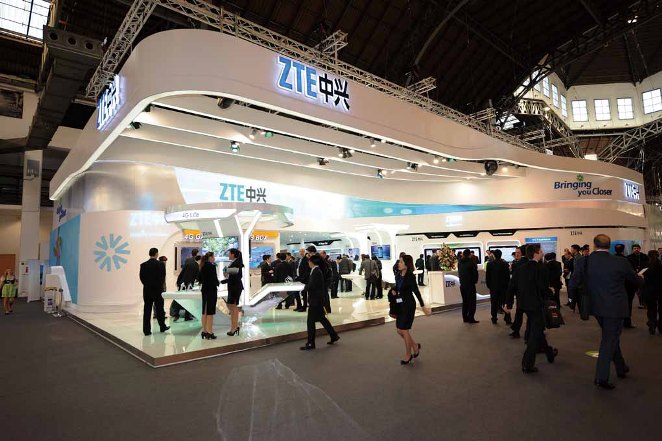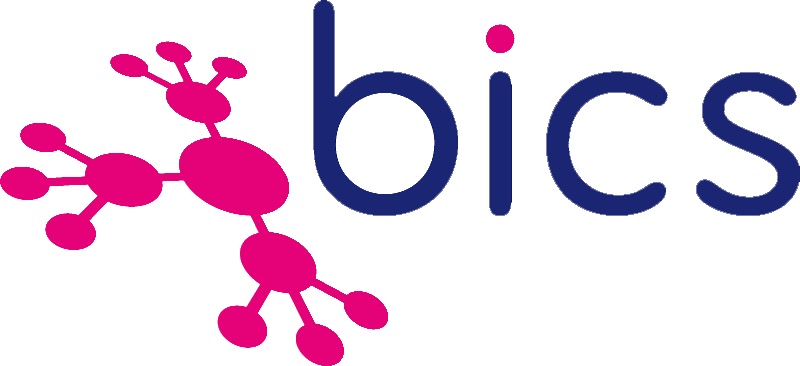The global telecommunications solutions provider ZTE and the mobile operator Hutchinson Drei Austria announced another strategic step to expand their partnership in preparation for the 5G rollout in Austria. The cooperation between mobile operators and telecommunications equipment providers is fundamental for the implementation of this cutting-edge technology, and a Joint Innovation Lab initiative was launched to develop, test and optimize the latest 5G technology solutions. The ten-year partnership between ZTE Austria and Hutchinson Drei Austria has already shown great results in upgrading the network for higher quality standards and service improvements, as demonstrated in the most recent Pre-5G trials in Austria. “The first result of the joint innovation initiative was the successful evaluation of the Pre-5G technology, which enabled us to create a commercial Pre-5G in Vienna already at the beginning of this year. This move was a breakthrough in the European telecoms market, which made Austria a true 5G…
A leading communications solutions provider, BICS, has announced the release of their Local SMS Firewall, a fully managed end-to-end platform that helps operators protect and optimize their SMS traffic and revenues. This Local SMS Firewall oversees both A2P and P2P activities, and filters messages for unbillable traffic, thus preventing any loss of income. According to BICS, the introduction of their Local SMS Firewall was a natural reaction to the rapidly increasing number of A2P use cases and the demand for customer engagement. With mobile operators applying extra effort to boost customer satisfaction and taking advantage of A2P SMS opportunities, the new platform is a perfect tool for minimizing the decrease of revenue caused by traffic bypass. “BICS is dedicated to aiding operators in monetizing their SMS assets. SMS aggregators are always going to look for new ways to disrupt the industry, but with solutions like BICS’ Local SMS Firewall, the…
More than 7 years ago when Laimis joined the DIDWW team, he did not have an extensive knowledge of telecommunications. However, his tenacity, people skills, and excellent grasp of the English language landed him the position of an Account Manager. Today, thousands of phone calls, emails and meetings later, he has become one of the key people in charge of Business Development at DIDWW. Laimis can close deals like no other employee, and, as a demanding mentor, his trainees tend to follow in his footsteps and also become successful sales people. Currently Laimis is enjoying his new role as a father to the cutest 8-month-old girl Eivina, and most of his free time is dedicated to his family. He still enjoys a game of basketball with his friends or playing video games – bearing significant responsibilities at work requires some relaxing time off. Read the full interview with Laimis below…
Amongst all the excitement of approaching 5G rollouts, the Finnish operator Elisa has grabbed the headlines by officially announcing that they are the first operator in the world to begin commercial use of a 5G network. Elisa’s first 5G network services were launched in Tampere (Finland) and Tallinn (Estonia). The first person to use the 5G network was Finland’s minister of Transport and Communications, Anne Berner, who made an international video call to Estonia’s minister of Economic Affairs and Infrastructure, Kadri Simson, using Huawei 5G terminal devices. Even though there are no commercial 5G-compatible devices available to the public, Elisa is already offering two types of 5G subscriptions. A significant hurdle that must be overcome for mass 5G rollouts is the issue of licensing. The Finish Ministry of Communications is set to allocate the first 5G licences for the 3.4-3.8 GHz bands in autumn, thereby enabling Finland to maintain their…
The auction for 100MHz of spectrum in the 3.5GHz bandwidth were sold to SK Telecom and KT, and on the other hand, LG Uplus received 80MHz of spectrum in that same bandwidth. The total amount that was raised by the auction was a little lower than anticipated with $3.6 billion. The Ministry of Science and Information and communication technology sold by auction 280MHz of spectrum in the 3.5GHz bandwidth and will later sale 2,400MHz in the 28GHz band. 5G networks will certainly reach South Korean as one of its first market to be launched on. The next few months and years will be important for SK telecom and KT. They want to make sure that South Korea will be “first for 5G” with an expected March 2019 as a deadline to start launching the news high speed network.
Chunghwa Telecom (CHT), Taiwan Mobile and Far Eas Tone (FET) Telecommunications have increased their sales thanks to new cheaper mobile plans. CHT got NT$19.51 billion (US$652.9 million) in sales for May, an increase of 12.71% from last year with a Net profit of NT$4.56 billion. Its optical broadband service reached 3.563 million subscribers, and its MOD service users reached 1.758 million on the same period. Also in May, Taiwan Mobile got NT$10.01 billion, with a net profit of NT$1.51 billion, thus having NT$49.86 billion in revenue on the last 12 months. In May, FET was able, on its side to gather a revenue of NT$7.299 billion for a net profit of NT$984 million.
Two of the main key players in South African mobile operators, MTN and Vodacom, have shown interest in investing in the Ethiopian company Ethio Telecom. Both companies have invested in many countries on the continent. Ethiopia was not one of them as the government wanted to keep this sector under its control. But their policy is changing and they have decided to consider opening Ethio Telecom’s capital to investors. According to MTN, “Ethiopia presents many exciting telecommunication opportunities and we look forward to further discussions with that nation’s authorities on potential partnerships and opportunities.” and Vodacam stated that it “has said on many occasions that Ethiopia is an attractive market so it follows that there would be interest. Naturally this is dependent on what might become available and if it fits within our investment parameters.” Abiy Ahmed, Ethiopian new Prime Minister, came to power with promises of reforms. This policy…
Blockchain will be the next tool used by the TRAI (Telecom Regulatory Authority in India) to fight against aggressive telemarketing, that is using spam calls and SMS. According to the TRAI, blockchain technology is able to track those annoying telemarketers. As they use unregistered phone numbers, they are usually hard to track, and with this new way of fighting against those marketing methods, India’s Telecom regulator will be the first to use blockchain as a mean of regulation. TRAI Chairman RS Sharma said: “Blockchain will ensure two things — non-repudiation and confidentiality. Only those authorized will be able to access details of a subscriber and only when they need to deliver service…“ and added that “TRAI will become the first organization to implement this kind of regulation on such a large scale,” 30 billion commercial calls or SMS are sent every month to users in India. Most of them are…
For Andrew Burchik, founder of the Prague based MVNO (mobile virtual network operator) Miracle Tele, the future of mobile operators will be found in Blockchain technology. Miracle Tele is already available in 213 countries. In late April, Miracle Tele allowed its customers to call any destination for €0.2 per minute and data from €0.01 per MB. Miracle Tele is using its own Token called TELE based on ERC20 (Ethereum blockchain) that they want to sell. 150,000,000 TELE are available at €0.1 per token. The sale is not limited in time as it will end when all tokens are sold out. This way the operator allows its users to have a choice: or they use its telecom services like any operator or they “tokenize” their assets and have access to mobile plans by purchasing them with TELE. According to M. Burchik, as smartphones are less a used for conventional communications, operators…
The investment required to upgrade a network to support standalone 5G technology is important. JP Morgan think this is the reason why Telecom companies stocks did not do so well last year. There is a serious concern that the investment might not be as effective as expected. The lack of return put an important shade on some valuation for some asian (China, Japan and South Korea) and Australian telecommunications stocks. Those worries could be explained as the daily applications and advantages of 5G technology are yet to be seen and to be invented. James Sullivan,head of Asia ex-Japan equity research at J.P. Morgan explained “It’s not really about faster download speeds,” he said. “It’s about internet of things, autonomous vehicles and things of that nature for which no one understands a monetization case for networks yet.” 5G will not only be customer centered but also will help companies in processing…













